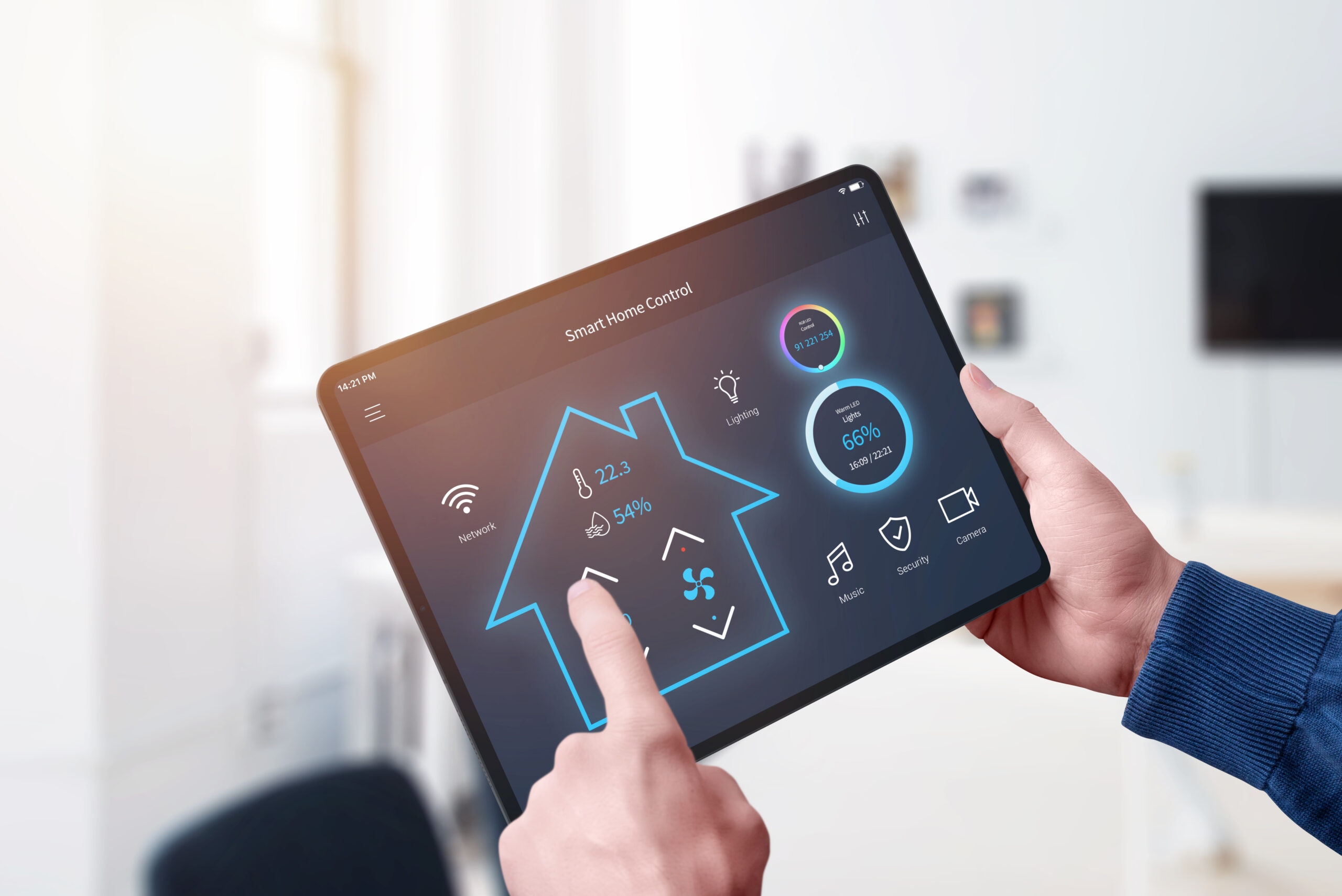In an era marked by rapid technological advancements, the way we manage our indoor climates is evolving dramatically. Smart HVAC (Heating, Ventilation, and Air Conditioning) systems are at the forefront of this transformation, offering homeowners and businesses alike a seamless blend of comfort, efficiency, and control. Equipped with advanced sensors, machine learning algorithms, and connectivity features, these systems not only optimize heating and cooling processes but also contribute to significant energy savings and improved indoor air quality.
The integration of smart technology into HVAC systems represents a shift towards a more sustainable and user-friendly approach to climate control. By leveraging data-driven insights and the Internet of Things (IoT), these systems can adapt to user preferences and environmental conditions, ensuring optimal performance while minimizing energy consumption. As awareness grows about the impact of traditional HVAC systems on the environment, the adoption of smart solutions is becoming increasingly important for both ecological and economic reasons.
Enhanced Comfort and Efficiency
Smart HVAC systems not only provide real-time monitoring and control of indoor climates but also enhance overall comfort by adjusting conditions based on occupancy and individual preferences. By utilizing advanced algorithms and machine learning, these systems can predict heating and cooling demands, thus optimizing energy use without compromising user satisfaction. This means that your indoor environment can be consistently tailored to your needs, reducing temperature fluctuations that can lead to discomfort and inefficient energy consumption. The shift towards these sophisticated systems is not merely a trend; it represents a fundamental change in the way buildings are designed and operated.

Sustainability and Energy Savings
Saving energy is paramount in today’s world, and smart HVAC systems lead the charge towards more sustainable practices. By reducing reliance on traditional heating and cooling methods, these systems play a critical role in cutting down greenhouse gas emissions. Moreover, as highlighted in How Smart HVAC Systems Are Changing Building Design, the incorporation of smart technology in HVAC can significantly enhance building designs, resulting in structures that are not only more energy-efficient but also better aligned with the principles of green architecture. As these systems continue to evolve, their impact on both environmental sustainability and economic viability will become increasingly profound.
In conclusion, smart HVAC systems represent a pivotal innovation in the quest for enhanced comfort, energy efficiency, and sustainability in indoor environments. By harnessing cutting-edge technologies such as IoT connectivity, machine learning, and real-time data analytics, these systems empower users to enjoy personalized climate control while significantly reducing energy consumption and environmental impact. As we continue to confront the challenges of climate change, the transition to smart HVAC solutions will not only optimize building performance but also foster a more sustainable future, where comfort and environmental responsibility go hand in hand. Embracing these advanced systems is no longer just an option; it’s a necessary step toward creating resilient and efficient living and working spaces for generations to come.
